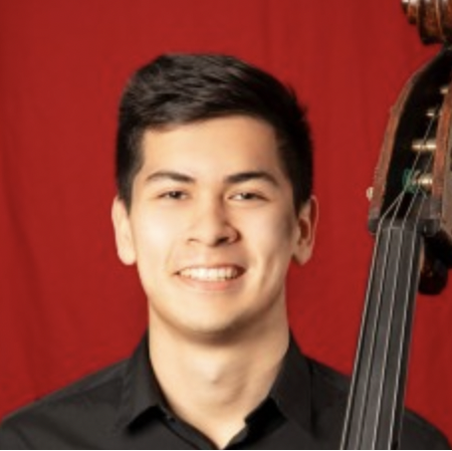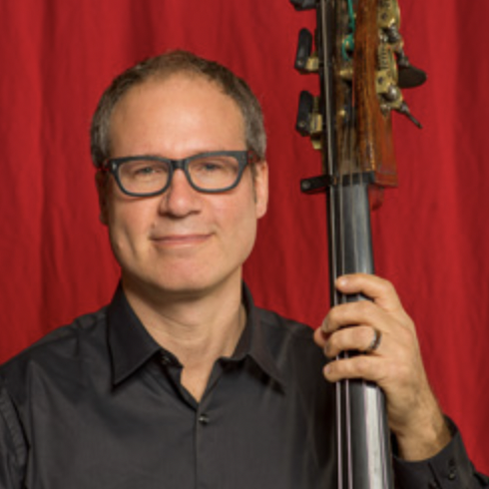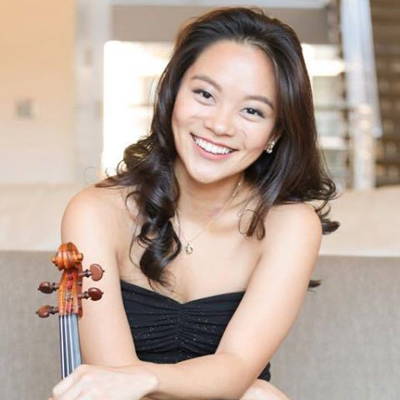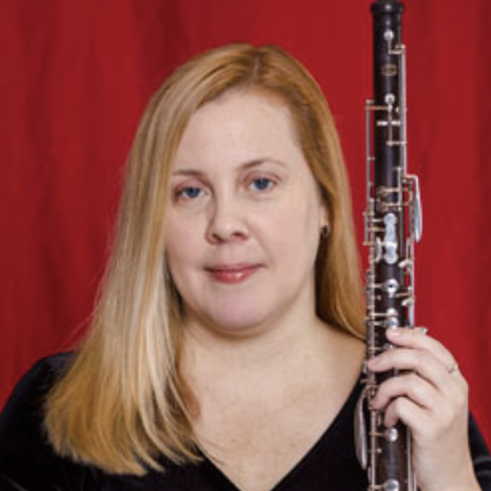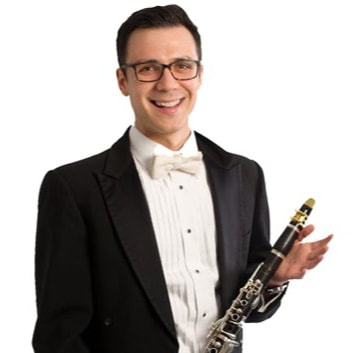Mozart, Bottesini and Prokofiev
Mozart: The Kegelstatt Trio, K. 498 for Clarinet, Viola and Piano
I. Andante
II. Menuetto
III. Rondeaux: Allegretto
Bottesini: Gran duo concertante for Violin, Double Bass, and Piano
Prokofiev: Quintet in G minor, Op.39
I. Tema con variazioni
II. Andante energico
III. Allegro sostenuto, ma con brio
IV. Adagio pesante
V. Allegro precipitato, ma non troppo presto
VI. Andantino
I. Andante
II. Menuetto
III. Rondeaux: Allegretto
Bottesini: Gran duo concertante for Violin, Double Bass, and Piano
Prokofiev: Quintet in G minor, Op.39
I. Tema con variazioni
II. Andante energico
III. Allegro sostenuto, ma con brio
IV. Adagio pesante
V. Allegro precipitato, ma non troppo presto
VI. Andantino



